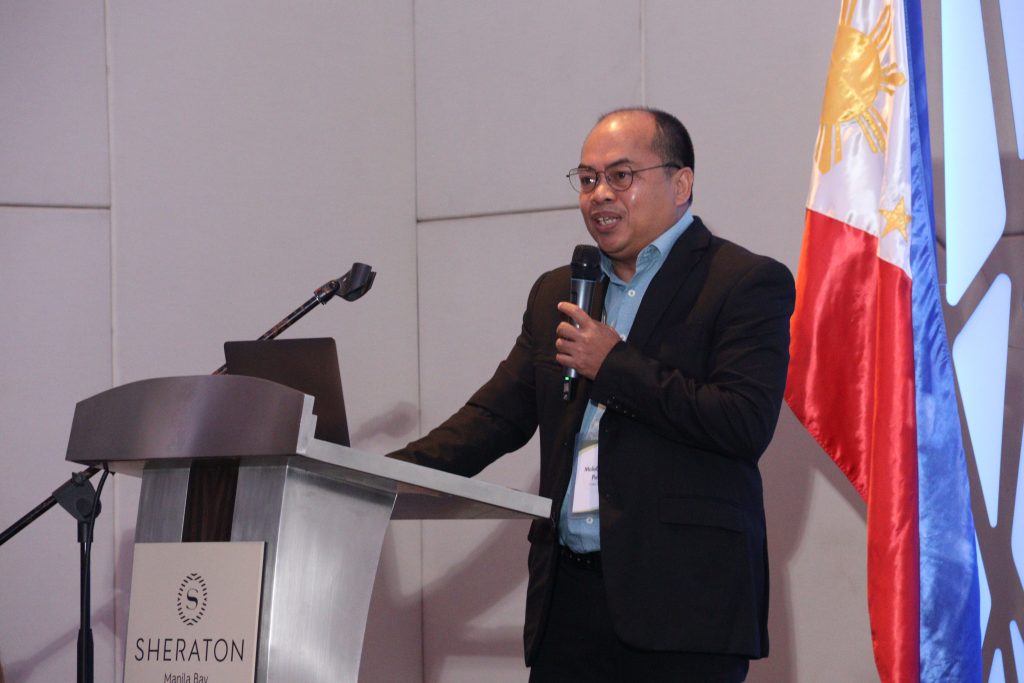In a groundbreaking plenary session during the second day of the 4th Philippine Herbal Medicine Summit, Prof. Pastor L. Malabrigo Jr., manager of the University of the Philippines Los Baños (UPLB) Land Grant Management Office and a distinguished plant taxonomist and conservationist, shed light on the critical role of taxonomy and ecology in the development of herbal medicine.
His lecture captured the attention of the attendees of the symposium, who listened intently as Prof. Malabrigo sounded the call for urgent attention to the underutilization of the Philippines’ rich biodiversity.
In his presentation, Prof. Malabrigo emphasized the significance of taxonomy in accurately identifying
and classifying plant species, which is essential in ensuring that the correct materials are used in developing natural products. Misidentification, he warned, could lead to the use of incorrect or potentially harmful plant species.
“The Philippines is blessed with abundant natural resources. Despite our small land area, we are one of the seventeen mega-diverse countries on the planet, hosting more than five percent of the planet’s biodiversity. However, we are losing a lot of opportunities from not using these natural resources, including the medicinal value of our native plants. We are content on receiving and patronizing medicinal products of other countries instead of creating our own, which further resulted in non-recognition of our native species. Underutilization of our native species decreases their value for conservation, therefore further increasing the risk of extinction,”
Prof. Pastor L. Malabrigo Jr.
In his call to action, he urged increased investments in research to identify and study indigenous medicinal plants with therapeutic potential. “The government must promote research on the whole value chain of medicinal plants, including the safety and efficacy of our indigenous plants to gain specific validation.” he stated, while also emphasizing the need for collaboration between universities and research institutions to develop standardized cultivation, harvesting, and processing techniques.

“Taxonomy is the basic foundation of any biological sciences study. We cannot study an organism unless it is discovered and named. Plant taxonomy is becoming more and more endangered than any organism on earth. So, it has become extremely urgent to have our government put more premium on [similar] programs, especially on taxonomy, to encourage more students to take the field. Otherwise, we will have a collapse of our biological system, including our traditional knowledge system.”
Prof. Pastor L. Malabrigo Jr.
Prof. Malabrigo, who is also a curator for trees in the Museum of Natural History, has dedicated his career to plant taxonomy, marine botany, biodiversity conservation, and forest reforestation.
Charmaine A. Lingdas